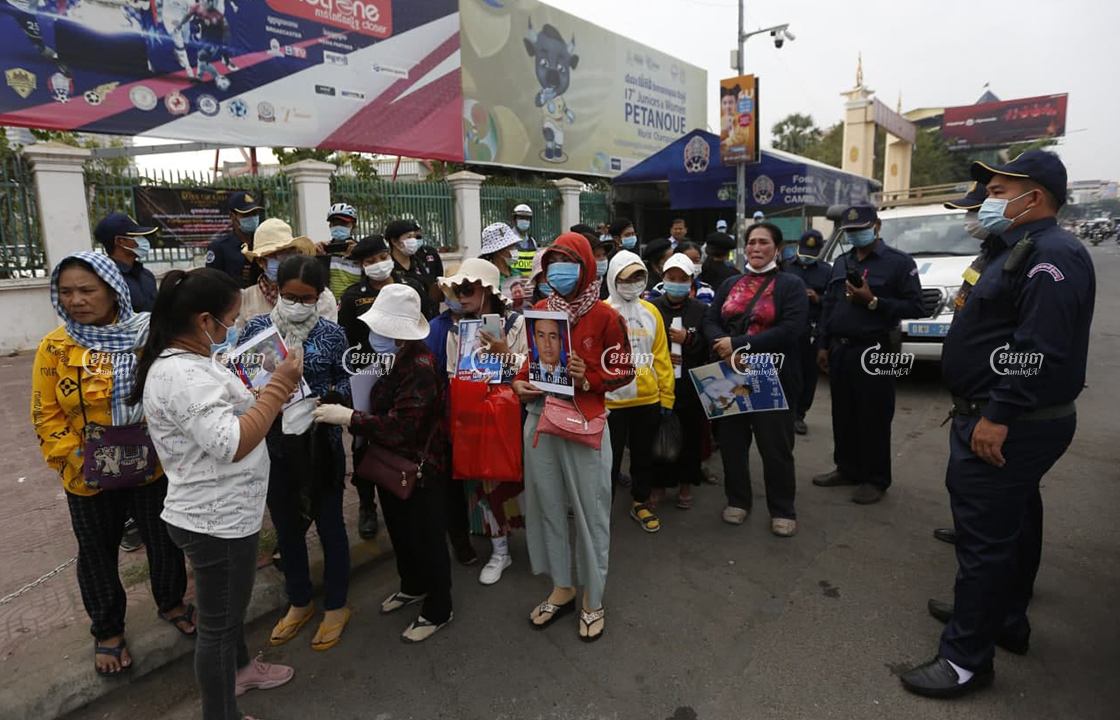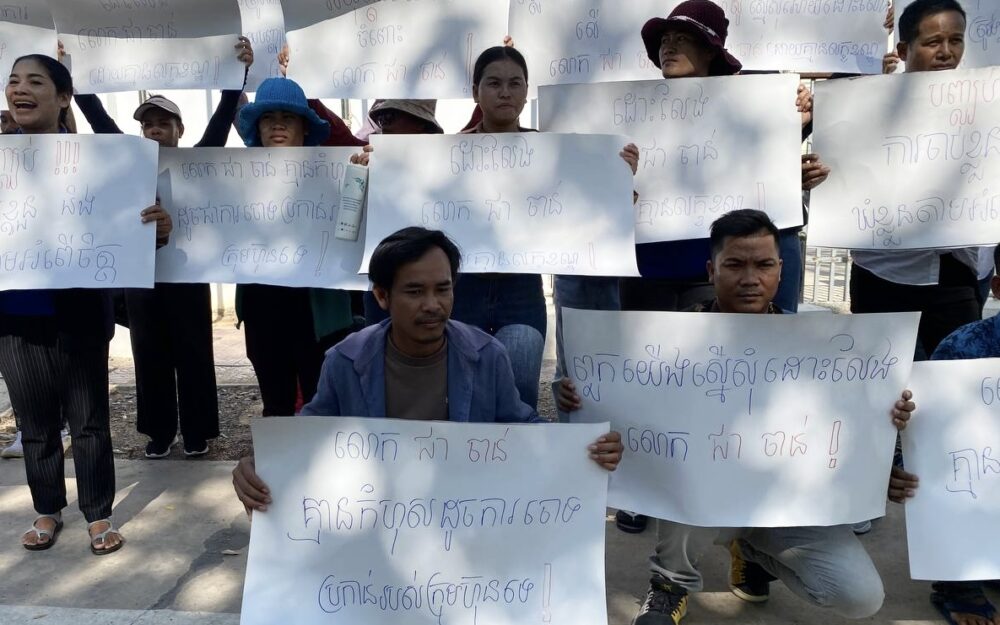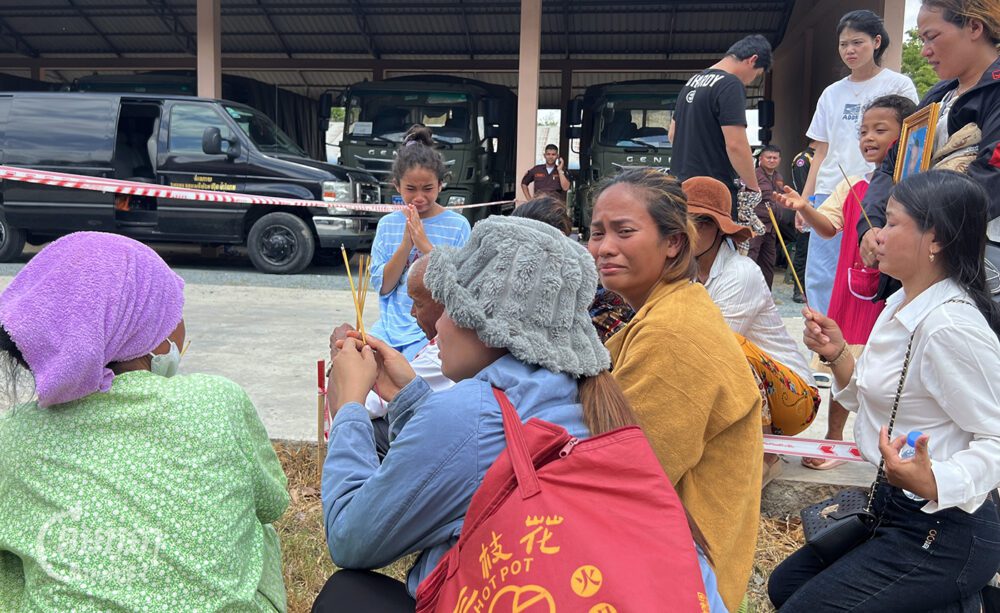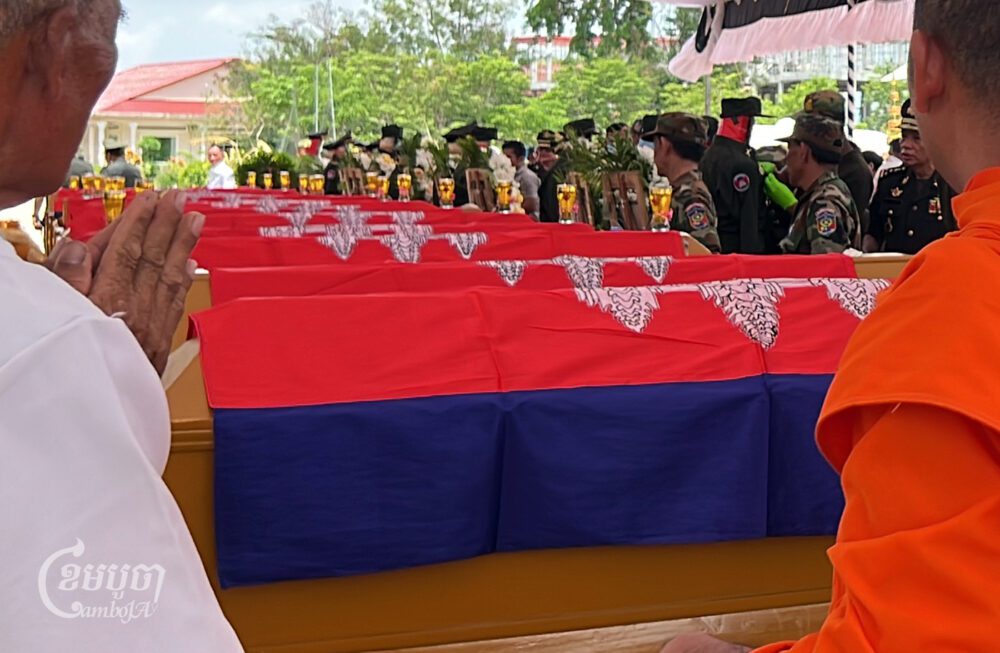Two years after Cambodia received nearly 200 recommendations during its Universal Periodic Review, the Cambodian Center for Human Rights said the government had made little progress when it came to opening Cambodia’s civic space, but had made some progress on certain aspects of the judicial system.
The Universal Periodic Review is an assessment of a United Nations member states’ human rights record. Cambodia received its analysis in January 2019 and was given 198 recommendations from other countries, of which it accepted 173.
Rights group CCHR said the government had made no progress, and in most cases regressed, when it came to dealing with land disputes, restricting the right to expression and assembly, as well as violations linked to the government’s crackdown on drugs.
However, the rights group said some progress had been made on judicial improvements, like the establishment of provincial Appeal Courts and a campaign to reduce case backlogs at courts, as well as releasing a delayed action plan for preventing violence against women and plans to teach LGBTIQ education in schools this year.
“This represents the vast minority of recommendations, and much remains to be done to fulfill Cambodia’s commitment of implementation,” it said. “While there have been some promising steps toward implementation of the third cycle recommendations, this represents the vast minority of recommendations.”
Since the 2019 UPR, the government has arrested hundreds of members and activists belonging to the dissolved Cambodia National Rescue Party, many of whom are being tried in multiple trials underway at the Phnom Penh Municipal Court.
The government has also targeted civil society groups and their staffers, as well as targeted journalists publishing critical news stories.
Chin Malin, a Justice Ministry spokesperson, refuted the rights group’s characterization of the government’s actions, alleging that some civil society groups in Cambodia had a “political agenda” to attack the government.
“The government has to enforce laws to promote rights and freedom as we are a democracy,” he said. “It doesn’t matter whether you are an activist or a human rights defender if you have violated the law [you] will face the law.”
He said NGOs were ignoring the actions of politicians and activists arrested by the government but were quick to accuse officials of curbing fundamental freedoms and democratic space.
Soun Yuthyia, an advocacy director at CCHR, said that the government should not rush to reject its assessment but should instead look at the recommendation more closely.
“The negative impacts of not carrying out reforms would result in the current government not respecting and failing to uphold the Constitution,” he said.








